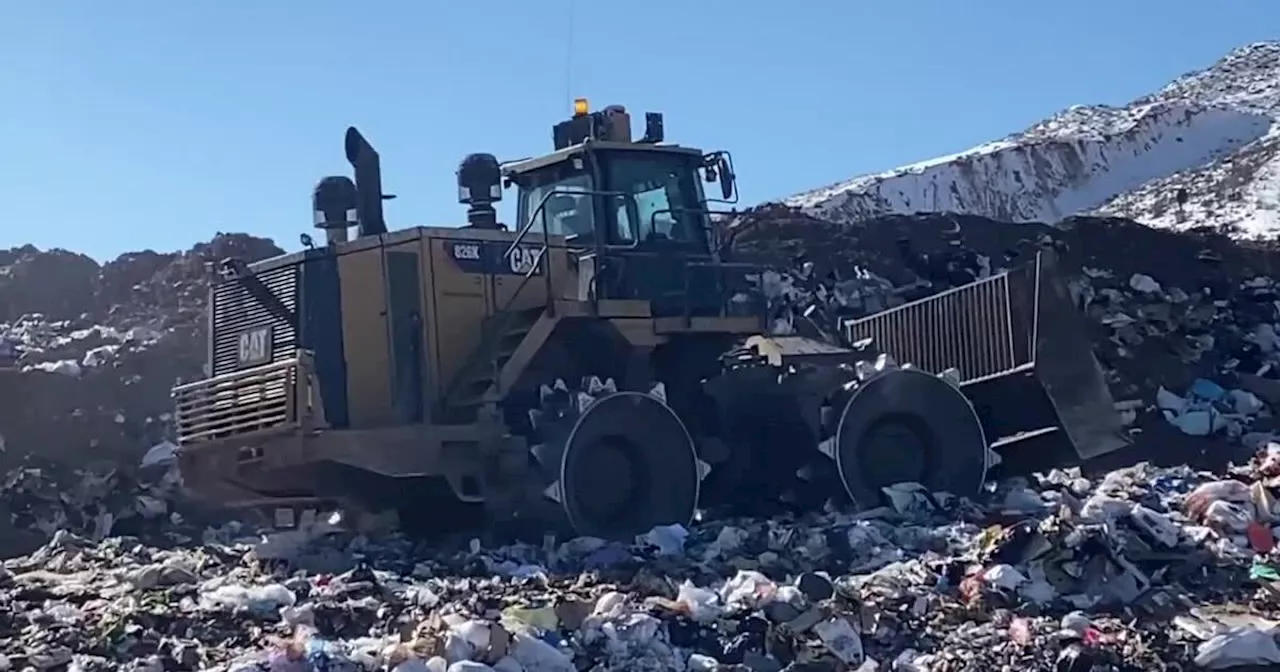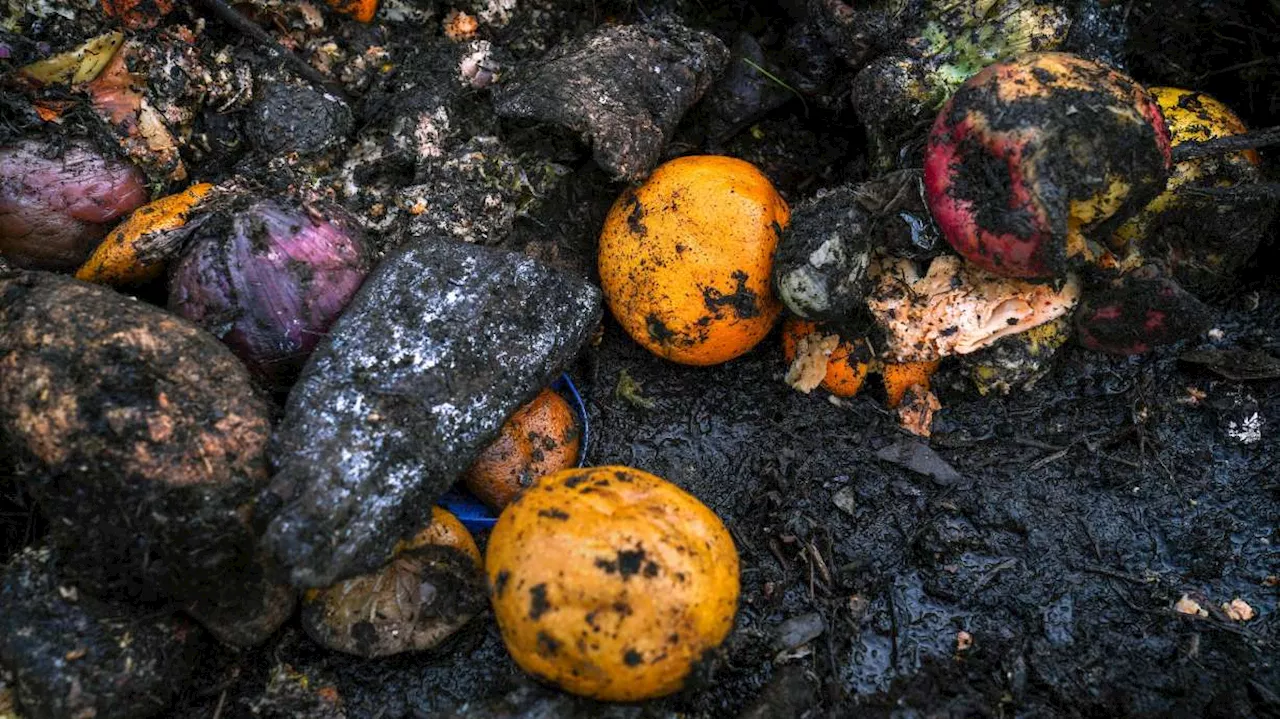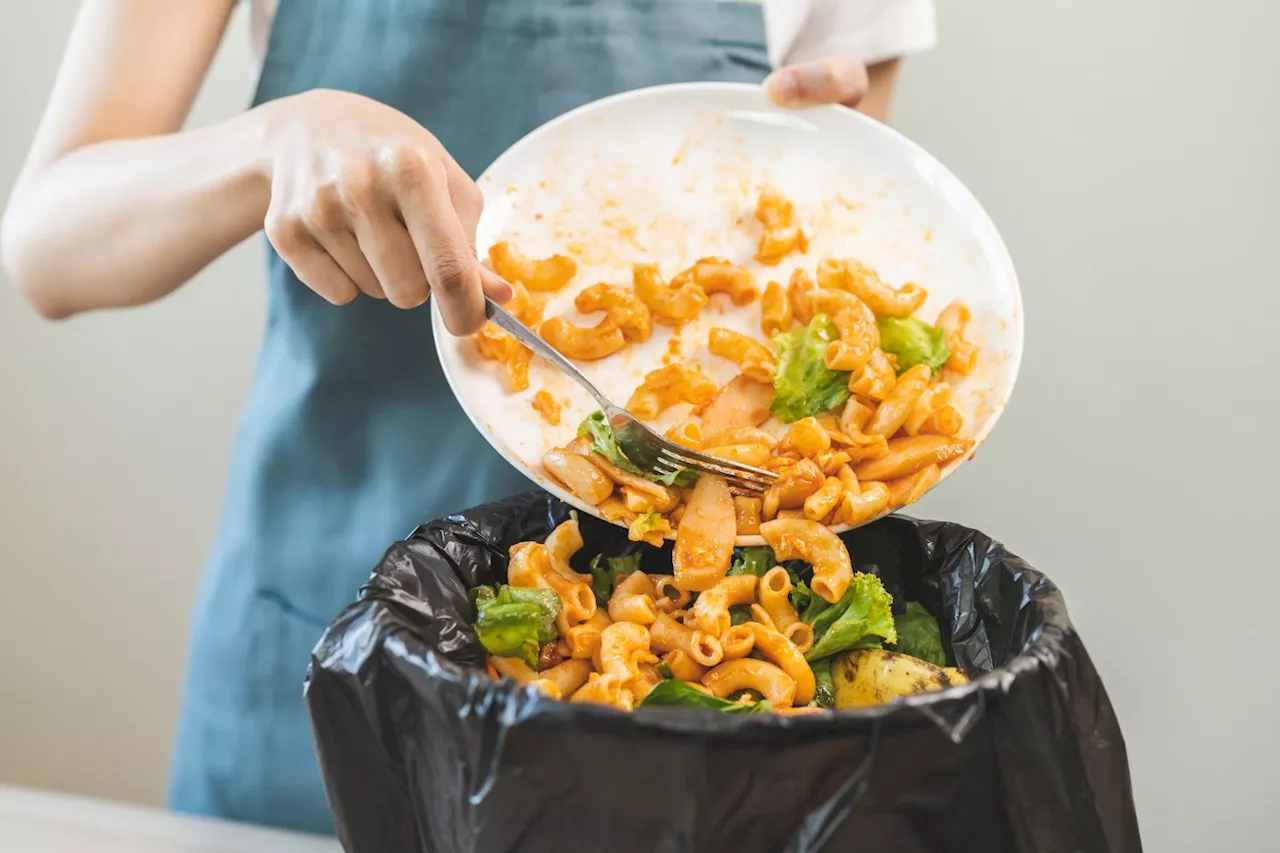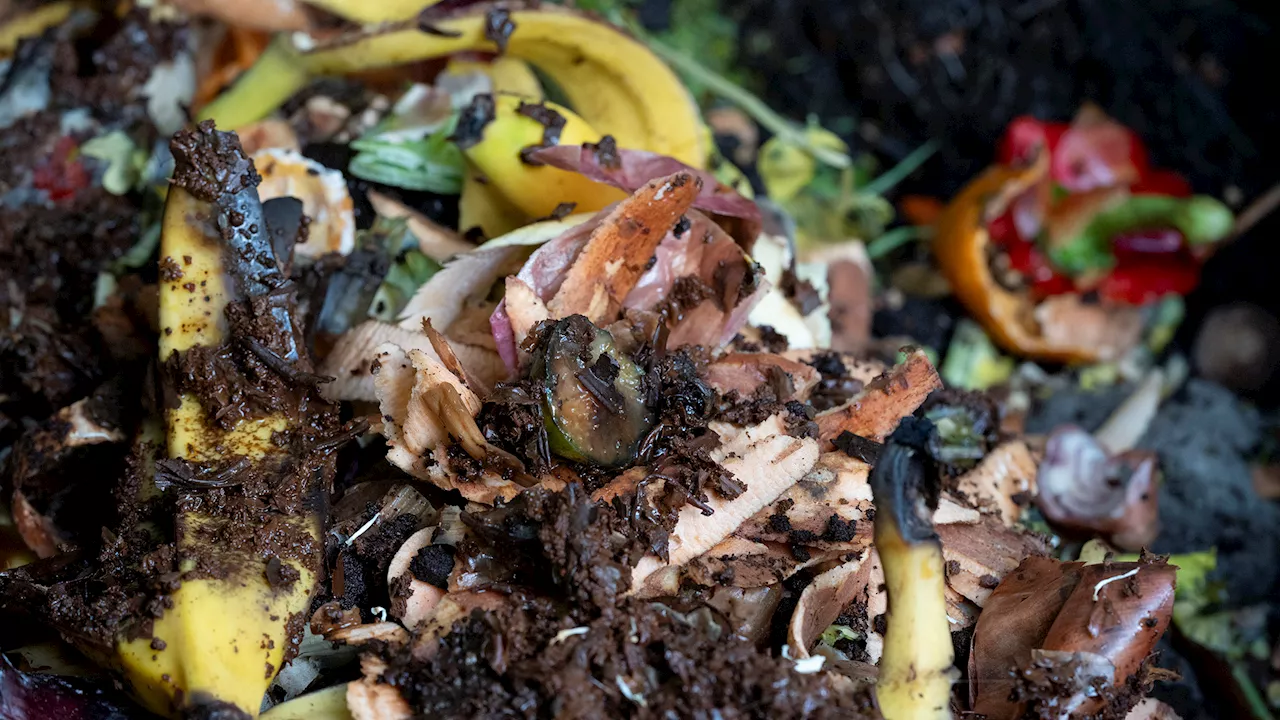A new analysis from UC Davis reveals that the United States is not on track to meet its goal of cutting food waste in half by 2030. Despite efforts at the state level, researchers found that the US still generates a significant amount of food waste annually, highlighting the need for stronger federal policies and a shift in consumer behavior towards prioritizing food consumption over composting.
ArticleBody:This story was originally published by Grist. Sign up for Grist’s weekly newsletter here. The United States is nowhere near its goal of cutting food waste in half by 2030, according to new analysis from the University of California, Davis. In September 2015, the U.S. set an ambitious target of reducing its food loss and waste by 50 percent.
In 2021, the EPA updated its definition of food waste to include composting and anaerobic digestion — both of which can take inputs like uneaten food and turn them into fertilizer or biogas, respectively. In updating its guidance, the EPA published a food waste hierarchy — which shows the best way to reduce food waste is to prevent it.
FOOD WASTE CLIMATE CHANGE COMPOSTING FEDERAL POLICY SUSTAINABILITY
United States Latest News, United States Headlines
Similar News:You can also read news stories similar to this one that we have collected from other news sources.
 Park City Fights Food Waste with Zero Food Waste ProgramThe Park City Community Foundation's Zero Food Waste program aims to divert all food waste from landfills by 2030. The initiative provides residents with special bins for compostable items, which are then transformed into natural gas or compost.
Park City Fights Food Waste with Zero Food Waste ProgramThe Park City Community Foundation's Zero Food Waste program aims to divert all food waste from landfills by 2030. The initiative provides residents with special bins for compostable items, which are then transformed into natural gas or compost.
Read more »
 The problem with food waste: Study says US lagging on goalsThe U.S. is falling short of its goal to halve its food waste before 2030.
The problem with food waste: Study says US lagging on goalsThe U.S. is falling short of its goal to halve its food waste before 2030.
Read more »
 Denver Airport's Zero Waste Valet Program Diverts Nearly 70 Tons of Waste in Six MonthsDenver International Airport (DIA) has launched a successful pilot program called Zero Waste Valet, diverting nearly 70 tons of waste from landfills in just six months. The program, which focuses on improving waste diversion rates through a dedicated collection service, aims to minimize the environmental impact of airport operations.
Denver Airport's Zero Waste Valet Program Diverts Nearly 70 Tons of Waste in Six MonthsDenver International Airport (DIA) has launched a successful pilot program called Zero Waste Valet, diverting nearly 70 tons of waste from landfills in just six months. The program, which focuses on improving waste diversion rates through a dedicated collection service, aims to minimize the environmental impact of airport operations.
Read more »
 State Policies Fail to Curb Food Waste, Study FindsA new study reveals that current state policies are insufficient to meet the U.S. Environmental Protection Agency's goals for reducing food waste. The study highlights the need for more comprehensive strategies that prioritize prevention and rescue measures over recycling.
State Policies Fail to Curb Food Waste, Study FindsA new study reveals that current state policies are insufficient to meet the U.S. Environmental Protection Agency's goals for reducing food waste. The study highlights the need for more comprehensive strategies that prioritize prevention and rescue measures over recycling.
Read more »
 The U.S. Pledged to Halve Food Waste—We’re Nowhere CloseAmericans waste more than 300 pounds of food per person per year, study says.
The U.S. Pledged to Halve Food Waste—We’re Nowhere CloseAmericans waste more than 300 pounds of food per person per year, study says.
Read more »
 Composting Isn't Enough: US Stumbles on Food Waste Reduction GoalsA new study reveals that the US is falling short of its goal to reduce food waste by 50% by 2030. Despite state-level efforts, no state is on track to meet the national target. The study highlights the need for stronger federal policies and a shift in consumer behavior to prioritize waste prevention over composting.
Composting Isn't Enough: US Stumbles on Food Waste Reduction GoalsA new study reveals that the US is falling short of its goal to reduce food waste by 50% by 2030. Despite state-level efforts, no state is on track to meet the national target. The study highlights the need for stronger federal policies and a shift in consumer behavior to prioritize waste prevention over composting.
Read more »
